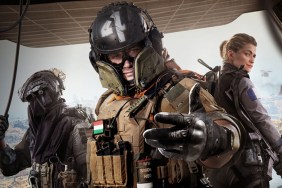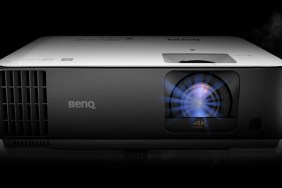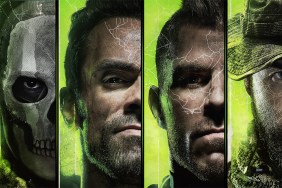I've been a horror fan for most of my life. It all began with the release of Resident Evil: Director's Cut in 1997, a game that conjured a refreshing blend of thrilling gameplay, interesting story, and compelling atmosphere. I considered it scary at the time, but I would soon learn that there were much bigger things to worry about than zombies.
Silent Hill would arrive on the scene just a couple years later and so would my first encounter with insomnia. As much as it did a number on me, I was hooked. I played all the horror games I could get my hands on for the next 10 years, going as far as to play the Japanese version of Fatal Frame to get my fix. There was always something new to play, at least for the time being.
The genre would experience some turbulence a decade later as developers struggled to innovate. Games became far too predictable, and many were convinced that it was doomed to a grizzly fate.
And then Amnesia: The Dark Descent arrived.
This budget priced title from Frictional Games single-handedly changed the fate of horror games. It achieved this in a variety of ways, the most important of which was how it created atmosphere. Its pacing was slow but methodical, its hallways dark and uninviting. You felt as though there was always something wrong, making you unsettled even in well-lit areas. Over the course of the experience you would come to find out where and who you were, but only after facing a number of terrifying obstacles ranging from disfigured monsters to water creatures.
Walking through the world of Amnesia was a task in and of itself. Played in first-person, you were forced to face your fears directly. It didn't help that the main character had undiagnosed mental issues and no combat capabilities. All you really had was a lantern, which was a double edged sword. While it did provide visibility in the trauma-inducing darkness, it served as a big, attention grabbing flag to any enemies nearby.
Amnesia never felt like it was trying to hard to be something. It was a simple adventure game with some light puzzles, ominous level design, and a few creatures thrown in to make sure you were never too comfortable. It didn't try to do more than that with RPG elements or any other nonsense. Whatever it did, it worked; its formula was successful enough to earn the attention of Hideo Kojima and the team at Konami, who would soon begin working on P.T/Silent Hills, a game with a surprisingly similar design philosophy.
Although it's been six years since Amnesia came out and not many people are talking about it anymore, its port to PS4 has arrived to remind us of how great it was while also serving as an introduction to gamers who may have missed it. If you happen to be one of the latter, this might just be a good time to pick up a lantern and head inside to see what all the fuss is about.











